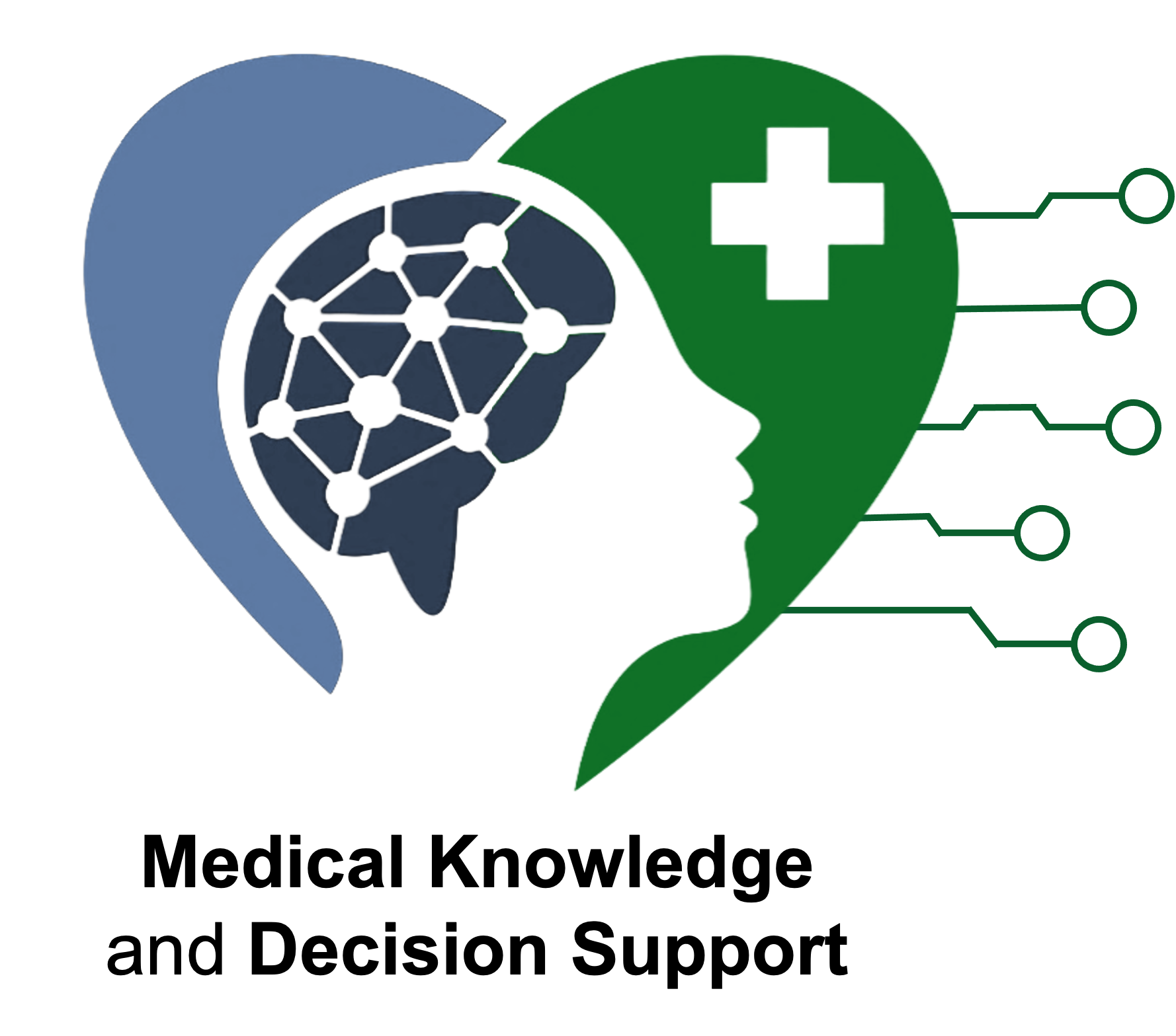Our interdisciplinary team brings together diverse perspectives to advance Medical Knowledge and Decision Support.
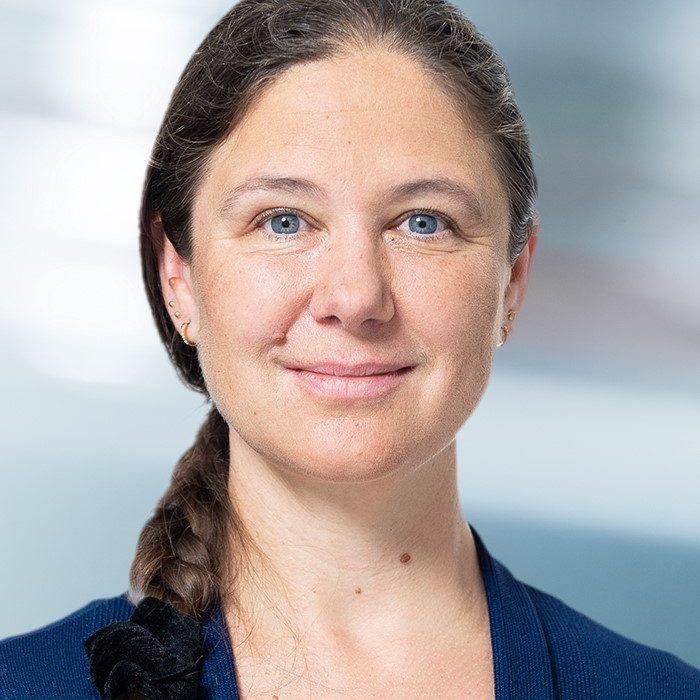
Janna Hastings
Assistant Professor
Janna leads the dynamic team of Medical Knowledge and Decision Support in St.Gallen and Zürich.
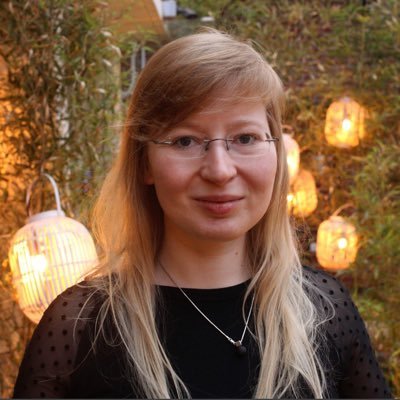
Charlotte Tumescheit
Postdoctoral Researcher
Charlotte is a postdoctoral researcher, focusing on interpretable AI for biomedical discovery and clinical applications.
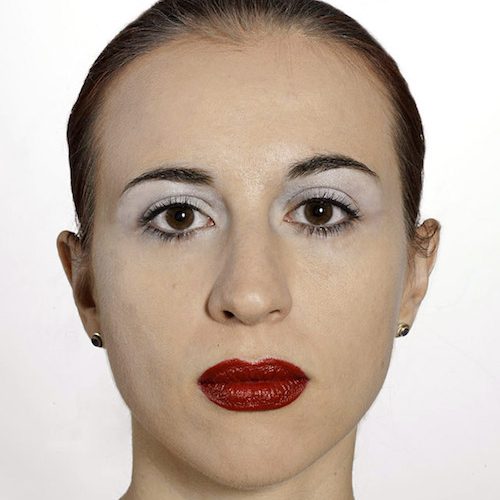
Paula Muhr
Postdoctoral Researcher
Paula focuses on knowledge-producing functions of new imaging and visualization technologies across medicine and physics.
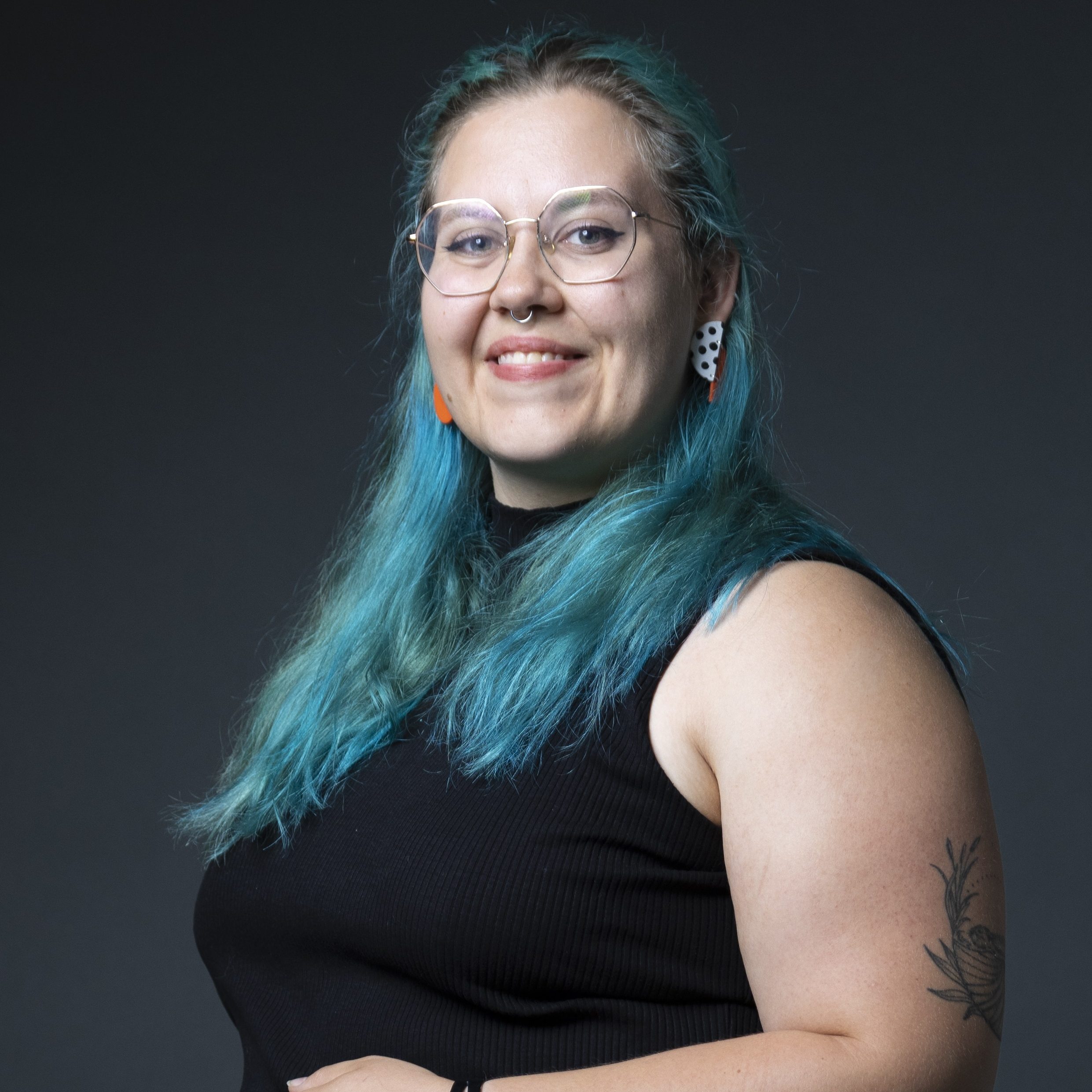
Maya Braun
Postdoctoral Researcher
With expertise in psychology and data analysis, Maya advances behavior change ontologies and creates tools for personalized digital health.

Björn Gehrke
Semantic Technologist
Björn is driving innovation in healthcare by developing cutting-edge ontologies as a Semantic Technologist, leveraging his expertise in software development and computer science.
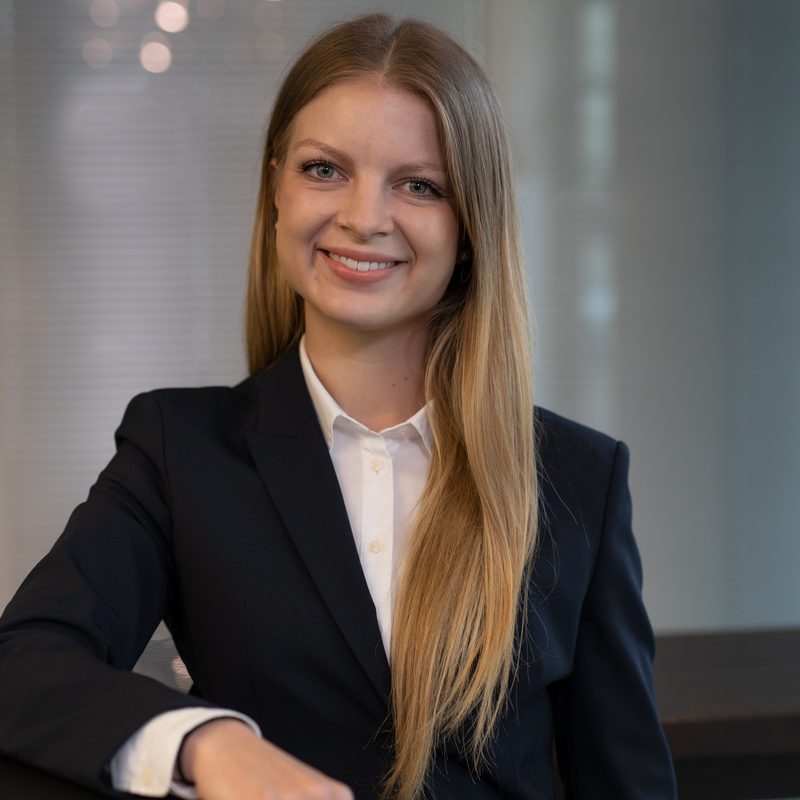
Marie Wosny
PhD Student
Marie is investigating how digitalization and artificial intelligence are transforming access to medical information, physician workflows, and decision-making in oncology.
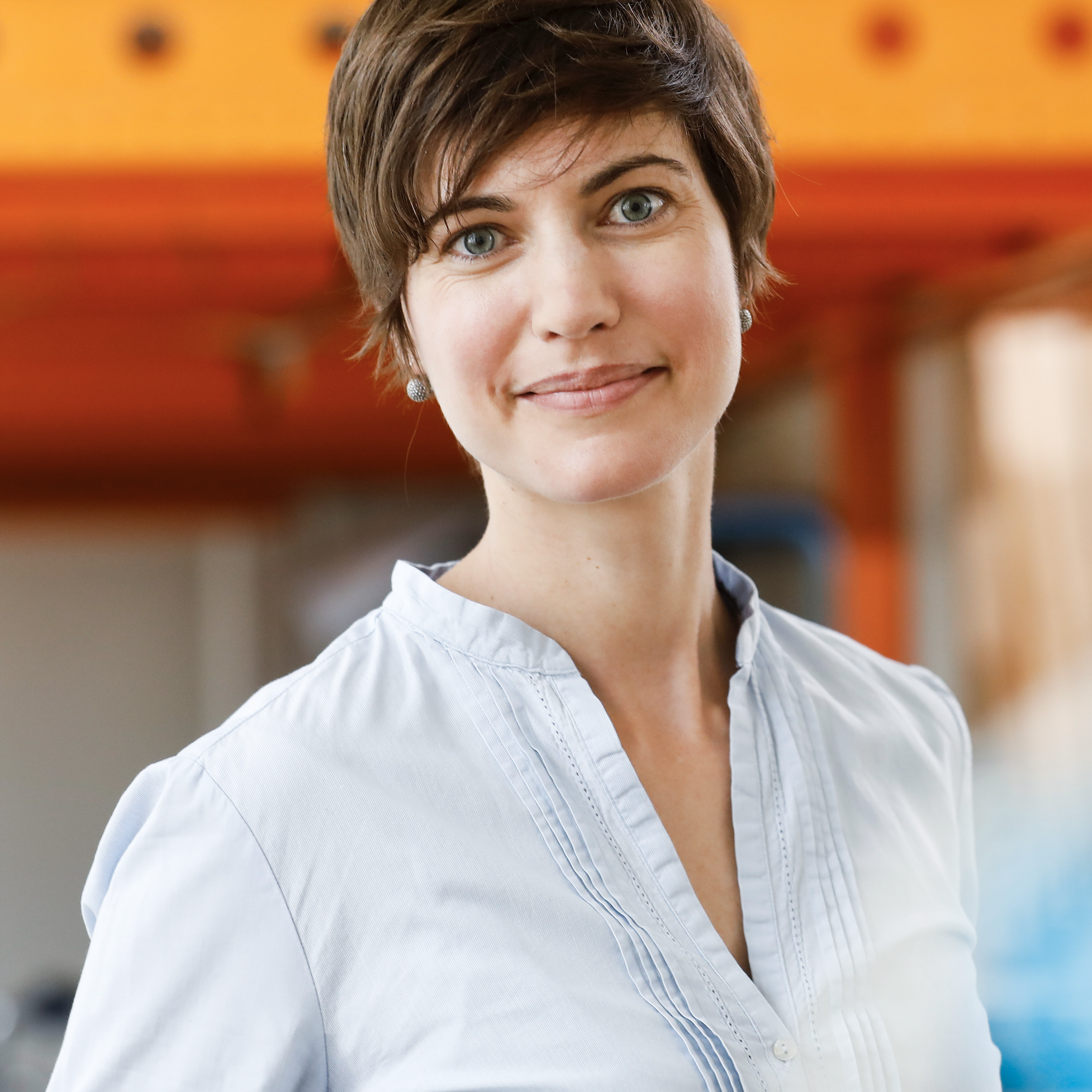
Esther Federspiel
External PhD Student
Esther is exploring the potential of personalized digital behavior support interventions, combining her expertise in psychology and innovation with her research in digital health.
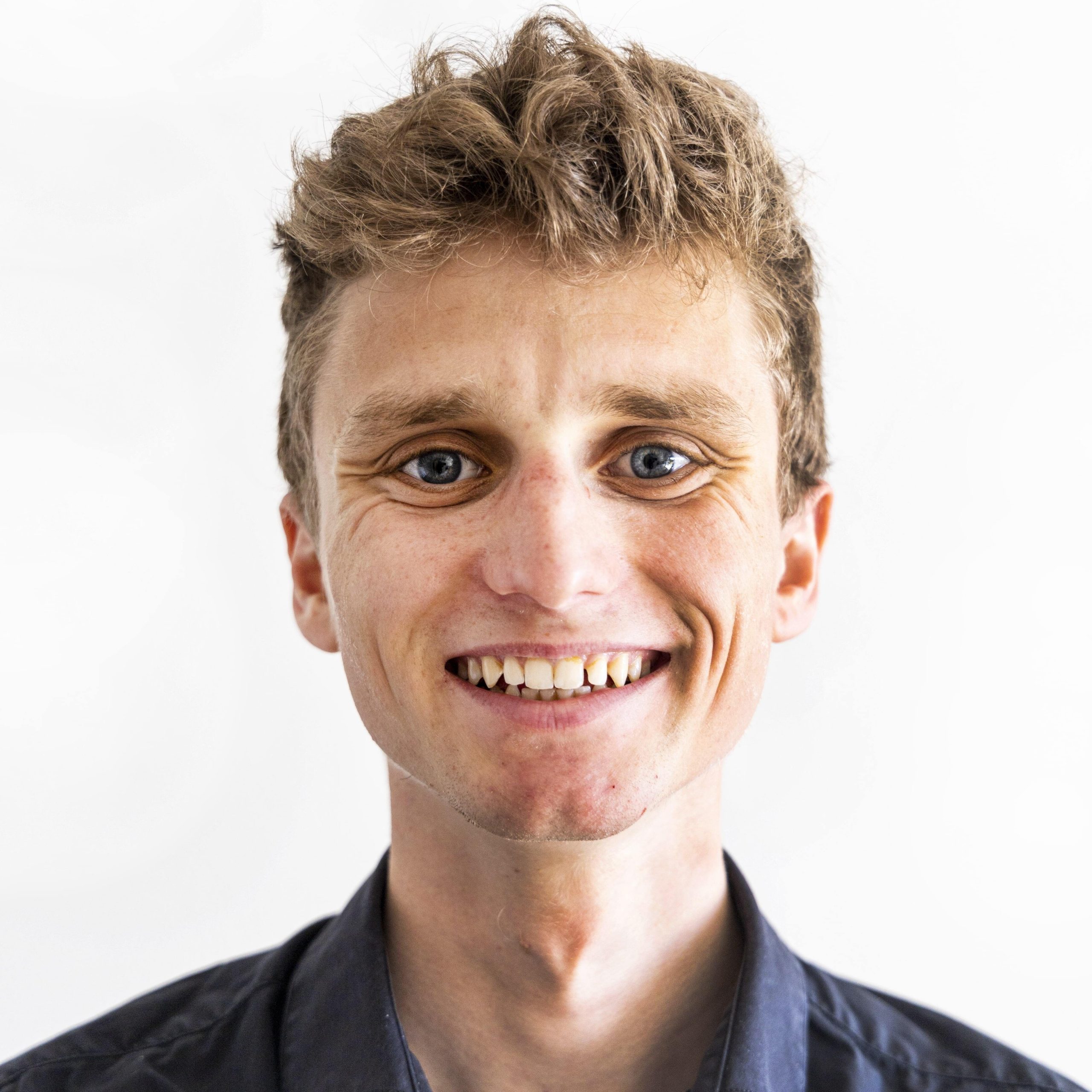
Thibault Niederhauser
Data Scientist
Thibault is a data scientist, experienced in leveraging AI and ML for innovation in life sciences, now focused on improving oncology decision-making through AI.
More
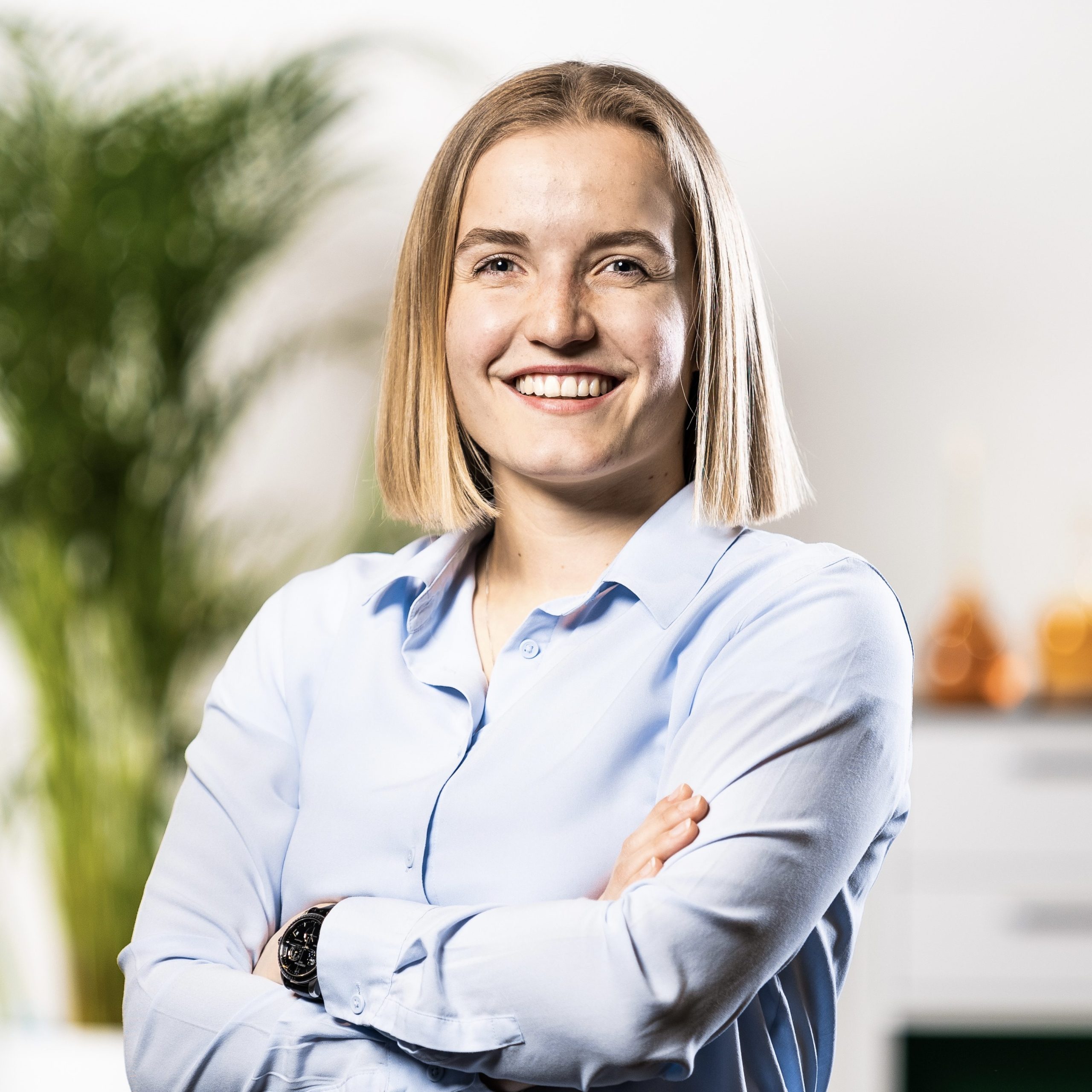
Livia Strasser
Student Research Assistant
Livia is a medical student focusing on researching the impact of digital systems in healthcare and contributing to the education of future medical professionals.
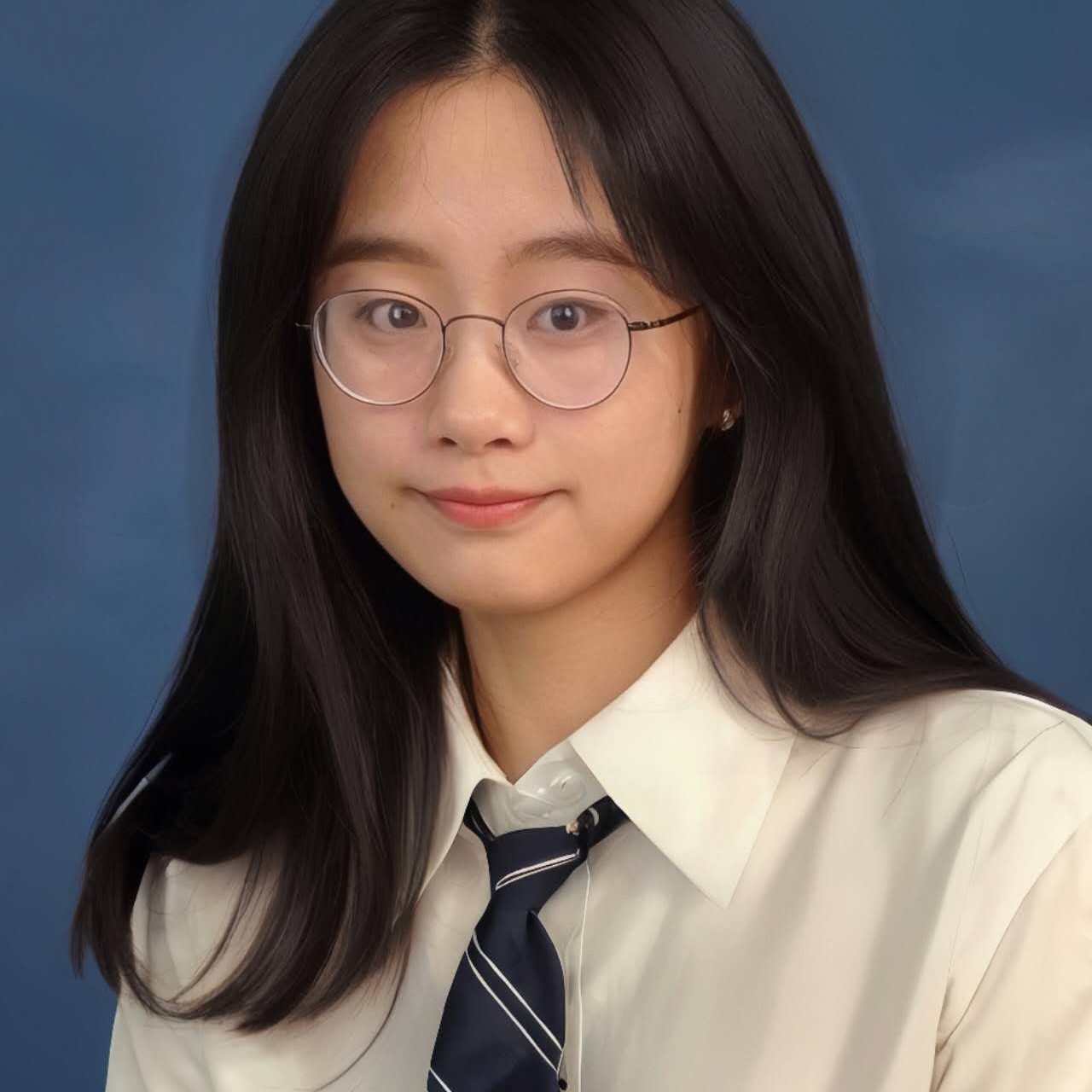
Yating Pan
Master’S Student
Yating is a master’s student researching retinal disease prediction with multimodal LLMs, with experience in AI healthcare discussions and NLP systems.
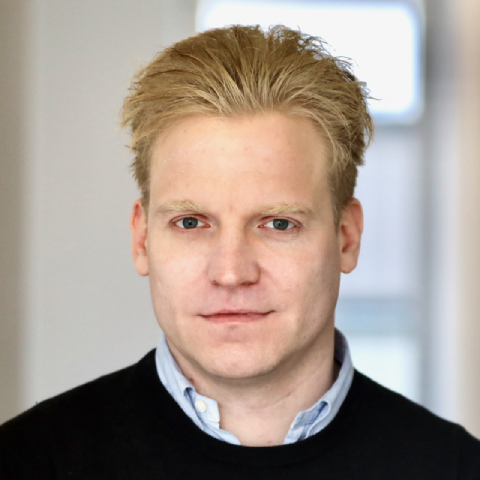
Niklas Beckmann
MD Student
Niklas, a medical resident with a background in philosophy and social sciences, is researching disease prediction from phenotypes using an ontology-based knowledge graph built from EHRs.
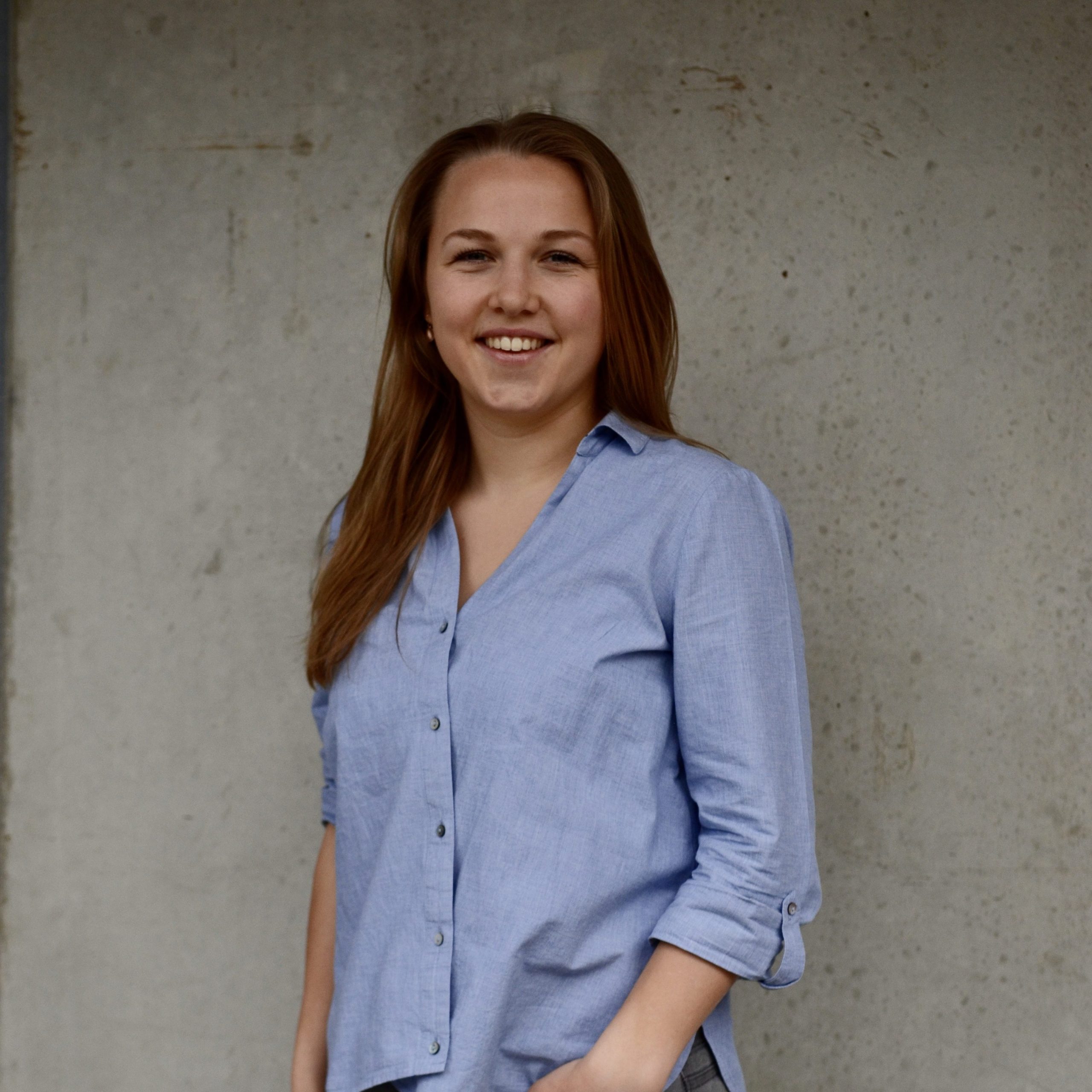
Joëlle Bagdasarianz
Master’S Student
Joëlle researches AI-provided information for lumbar back pain compared to physiotherapists while pursuing her Master’s in Physiotherapy.
Alumni
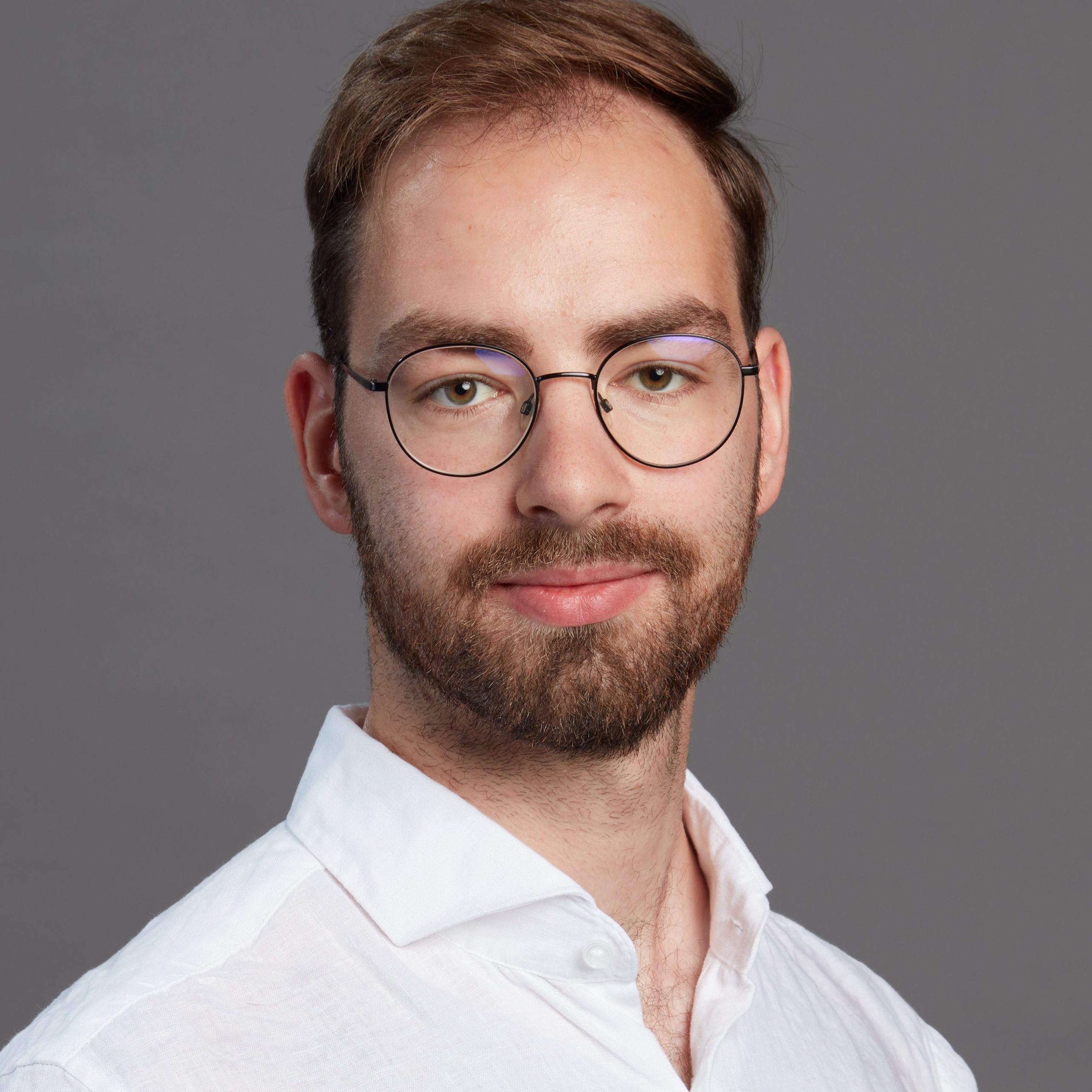
Joshua Sammet
Student Research Assistant
Joshua applied his expertise in machine learning and biomedical engineering to support programming and code testing on medical research projects.
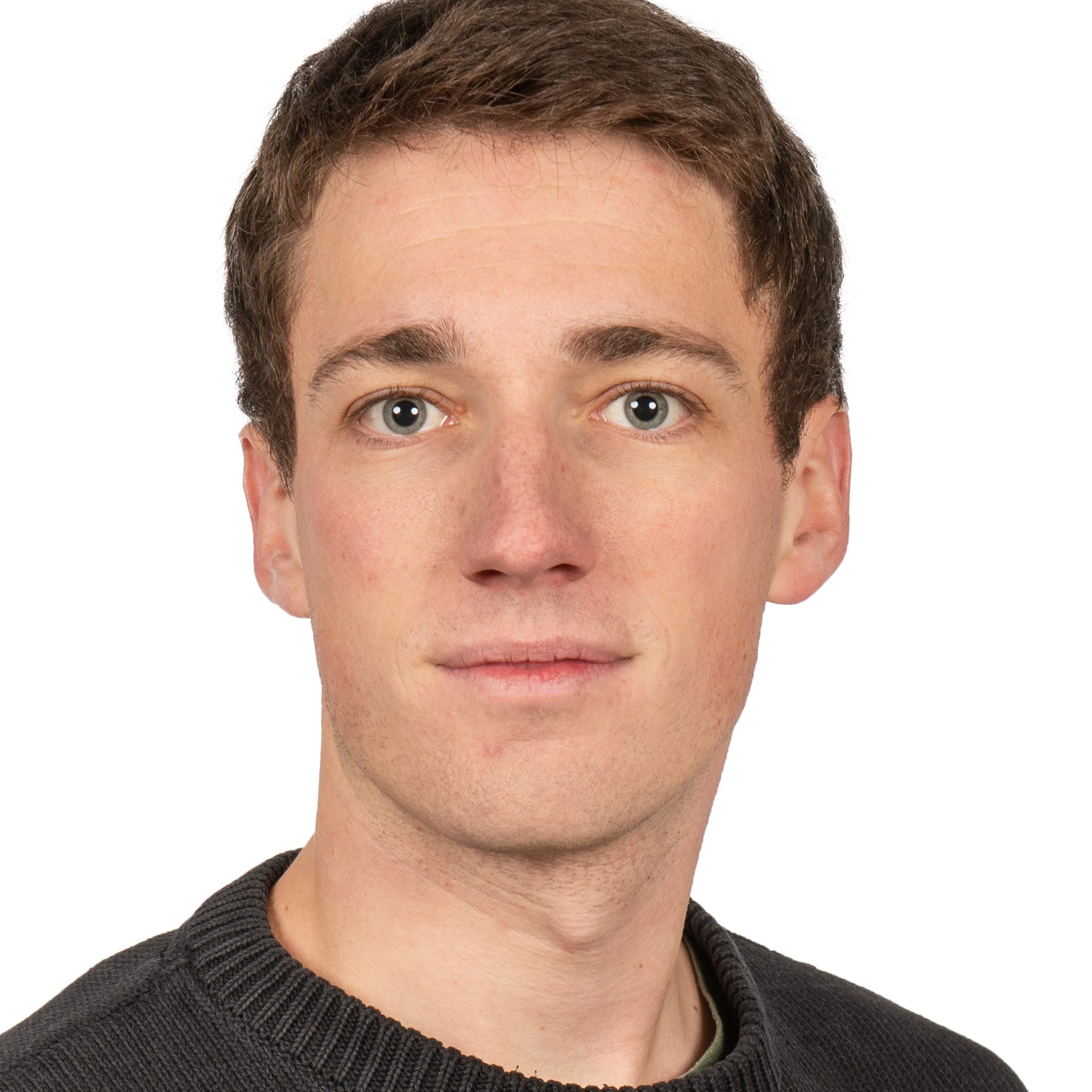
Lucas Caluori
Research Assistant
Lucas is a social scientist exploring the role of technological innovations, such as image-generative AI, in shaping both digital and physical environments
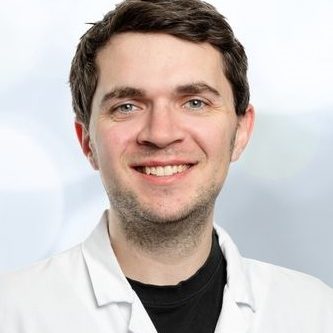
Fabio Dennstädt
Postdoctoral Researcher
Fabio is a clinical researcher focusing on integrating machine learning and natural language processing into oncology and radiation therapy practices.
